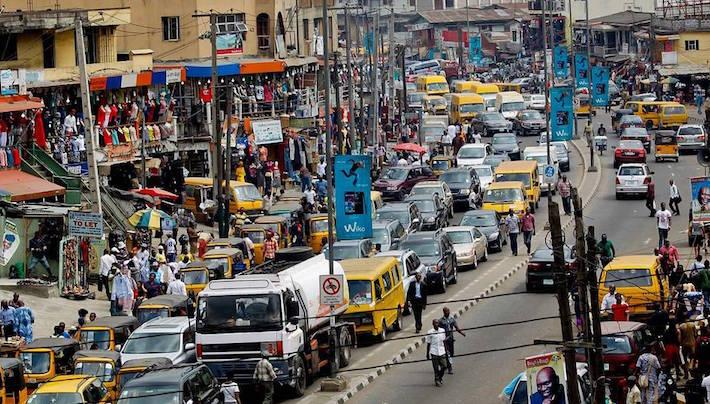The resilient global economy: what it means in 2025 and beyond
As the global economy demonstrates resilience amidst shifting dynamics, Ghana stands at a crucial juncture. The Organisation for Economic Co-operation and Development (OECD) in its 2025 Economic Outlook projects a global Gross Domestic Product (GDP) growth rate of 3.2%, with inflation moderating and trade reviving.
These developments present opportunities and challenges for economies like Ghana’s, which is intricately linked to global trends. With Ghana’s economic policies and performance significantly influenced by global inflation, trade dynamics, and fiscal adjustments, understanding the interplay between global trends and local realities is essential for charting a sustainable path forward.
Global Trends and Their Impact on Ghana
The OECD’s outlook highlights key drivers of global economic growth, such as low inflation, steady employment growth, and less restrictive monetary policies. For Ghana, these factors are critical, given its reliance on international trade, foreign direct investment (FDI), and external financing.
- Inflation Trends:
Globally, inflation is moderating, boosting real household incomes and spending power. Ghana’s inflation, which peaked at 54.1% in December 2022, showed signs of easing in 2024, with annual inflation recorded at 36.1% in November 2024. This moderation has been driven by tighter monetary policies from the Bank of Ghana and declining global commodity prices.
- Trade Revival:
The OECD predicts a revival in global trade, which bodes well for Ghana, a major exporter of gold, cocoa, and oil. In 2024, Ghana’s total merchandise exports grew by 7.4%, reaching $18.5 billion, up from $17.2 billion in 2023. A recovering global trade environment is expected to further boost Ghana’s export earnings and foreign exchange reserves.
- Employment and Income Growth:
While global employment growth supports household incomes, Ghana’s own job market faces unique challenges. The country’s unemployment rate stood at 13.4% in 2024, but initiatives like the “YouStart” program aim to reduce youth unemployment by providing funding and training for entrepreneurial ventures.
Ghana’s Economic Policy Response
To capitalize on global trends, Ghana must address internal challenges and implement policies that align with the changing global landscape:
- Monetary Policy Adjustments:
The Bank of Ghana has maintained a cautious approach, keeping its policy rate at 30% throughout 2024 to anchor inflation expectations. A more stable inflation environment in 2025 may allow for gradual easing, spurring credit growth and domestic investment.
- Fiscal Policy Reforms:
Despite progress under the International Monetary Fund’s (IMF) Extended Credit Facility program, Ghana’s fiscal space remains constrained by a debt-to-GDP ratio of 74.3% as of 2024. Continued fiscal discipline, coupled with enhanced revenue mobilization, such as through the revised VAT rate of 20%, will be critical for reducing debt vulnerabilities.
- Boosting Industrialization:
Ghana’s “One District, One Factory” initiative remains a linchpin for local industrial growth. By aligning this program with global supply chain shifts, Ghana can position itself as a regional manufacturing hub, especially in agro-processing and textiles.
Opportunities and Risks
While global economic trends offer Ghana a chance to stabilize and grow, certain risks must be managed:
- Opportunity in Exports:
The recovery in cocoa prices, which averaged $2,820 per metric ton in 2024, offers significant potential for Ghana’s export revenues. However, addressing supply-side challenges, such as disease outbreaks and climate change impacts, remains vital.
- Risks from Global Tightening:
While the OECD notes less restrictive monetary policies globally, Ghana’s access to external financing may remain limited due to elevated global interest rates. Strengthening domestic revenue collection will be crucial to mitigate this risk.
Conclusion
Ghana’s economic trajectory in 2025 will depend on its ability to adapt to both global and local dynamics. With the global economy set to grow at 3.2% and inflation easing, opportunities abound for Ghana to enhance trade, stabilize its macroeconomic environment, and foster inclusive growth.
However, this will require deliberate policy actions to manage fiscal constraints, bolster industrial capacity, and address unemployment. By aligning with global trends and leveraging its unique strengths, Ghana can navigate the challenges ahead and achieve sustainable growth in an interconnected world.



